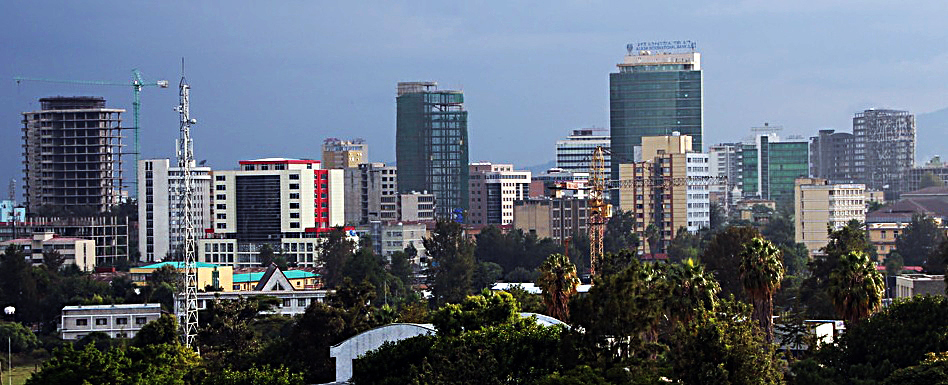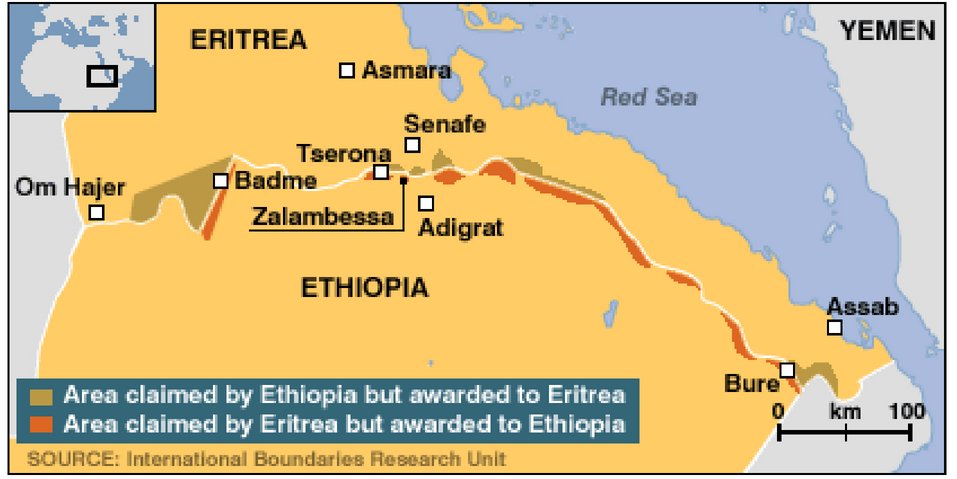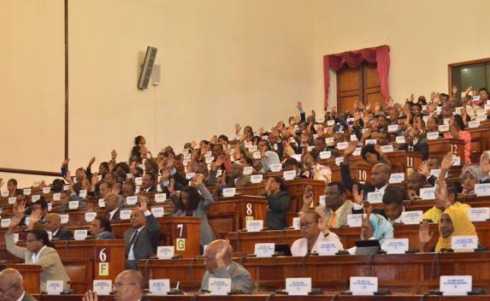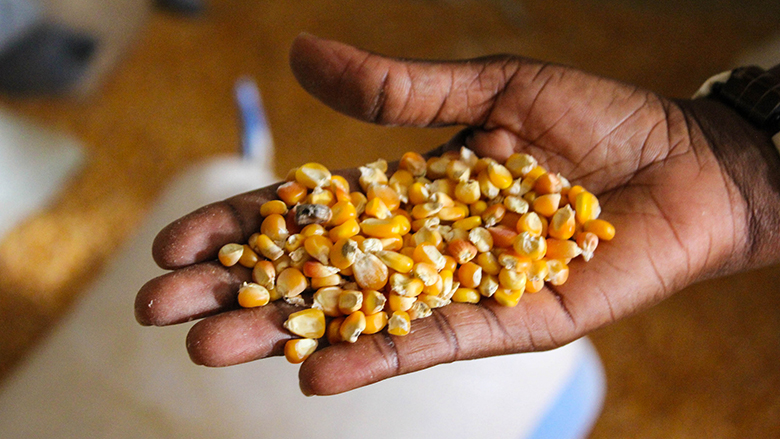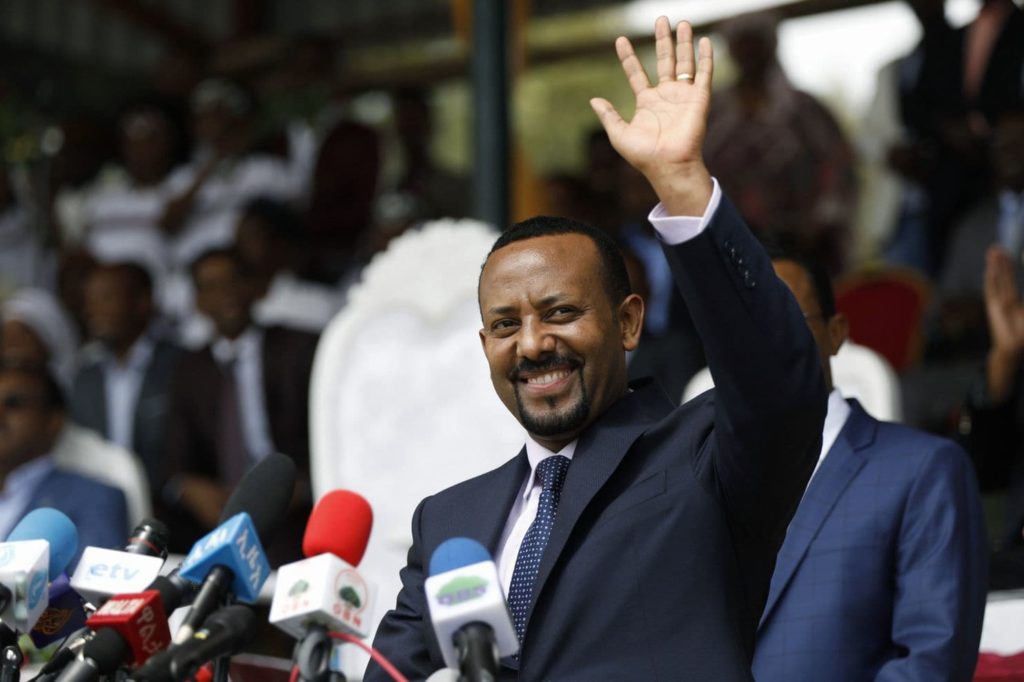
Ethiopia’s prime minister said on Wednesday 6 June that ending the war and expanding economic ties with neighbouring Eritrea is critical for stability and development in the impoverished Horn of Africa region.
Abiy Ahmed’s remarks followed the announcement on Tuesday by his ruling coalition that Ethiopia would fully implement a peace deal signed in 2000 and meant to end a two-year war that devolved into a stalemate resulting in a substantial military buildup by both countries.
It is one of many policy shifts announced since the 41-year-old took office in early April, moves that could reshape Ethiopia’s relations with its neighbours and have equally dramatic impacts inside the country of 100 million people.
Whether the new measures, including liberalisation of the state-controlled economy, end up addressing critical challenges from high youth unemployment to rising government debt remain to be seen. But they are shaking the country up.
“All that we have achieved from the situation of the last 20 years is tension,” Abiy said.
“Neither Ethiopia nor Eritrea benefit from a stalemate. We need to expend all our efforts toward peace and reconciliation and extricate ourselves from petty conflicts and divisions and focus on eliminating poverty.”
NO COMMENT FROM ERITREA
Eritrea used to be a part of Ethiopia and waged a 30-year struggle for independence. The war on their shared border between 1998 and 2000 killed tens of thousands of people, caused significant displacement and the splintering of families.
Eritrea’s government has not responded publicly to Addis Ababa’s offer of an olive branch.
PM Abiy said Ethiopia needed to resolve what he seemed to view as a costly and pointless dispute.
“Putting an end to this situation and finding peace is necessary beyond anything else not just for Ethiopia but also the wider Horn of Africa,” he said in a speech in Addis Ababa.
“Every Ethiopian should realise that it is expected of us to be a responsible government that ensures stability in our region, one that takes the initiative to connect the brotherly peoples of both countries and expands trains, buses and economic ties between Asmara and Addis Ababa.”
Diplomats say punitive measures taken against Eritrea may prevent an immediate conclusion to the dispute.
The U.N. Security Council imposed an arms embargo on Eritrea in 2009 on charges that Asmara provided political, financial and logistical support to militant groups in Somalia.
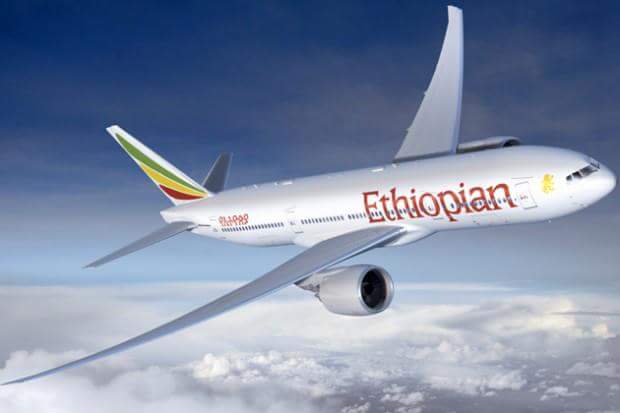 Ethiopian Airlines has taken delivery of its 100th aircraft, Boeing 787 Dreamliner on June 6, 2018, once again leading the way in fleet expansion and modernisation in Africa.
Ethiopian Airlines has taken delivery of its 100th aircraft, Boeing 787 Dreamliner on June 6, 2018, once again leading the way in fleet expansion and modernisation in Africa.
